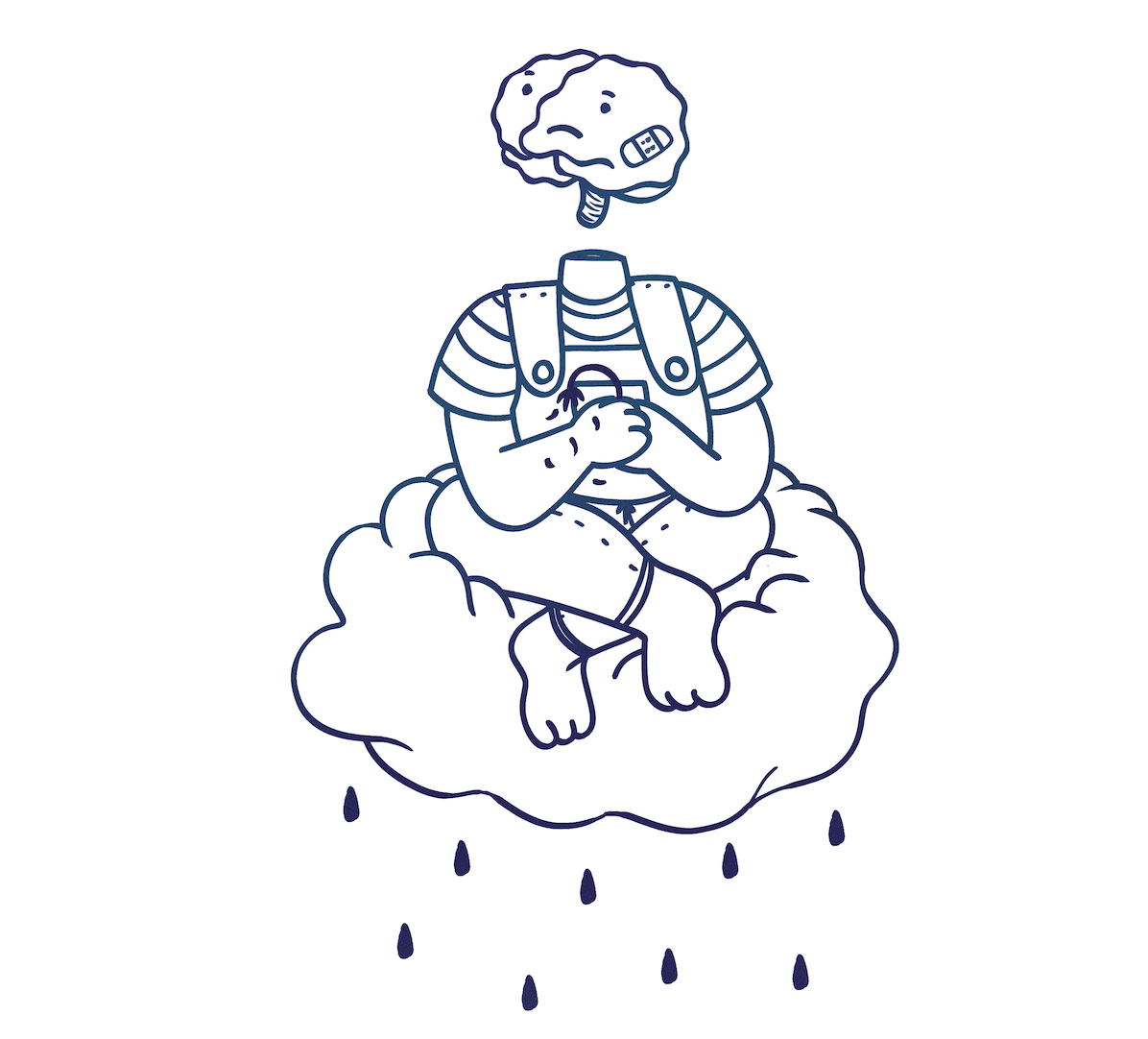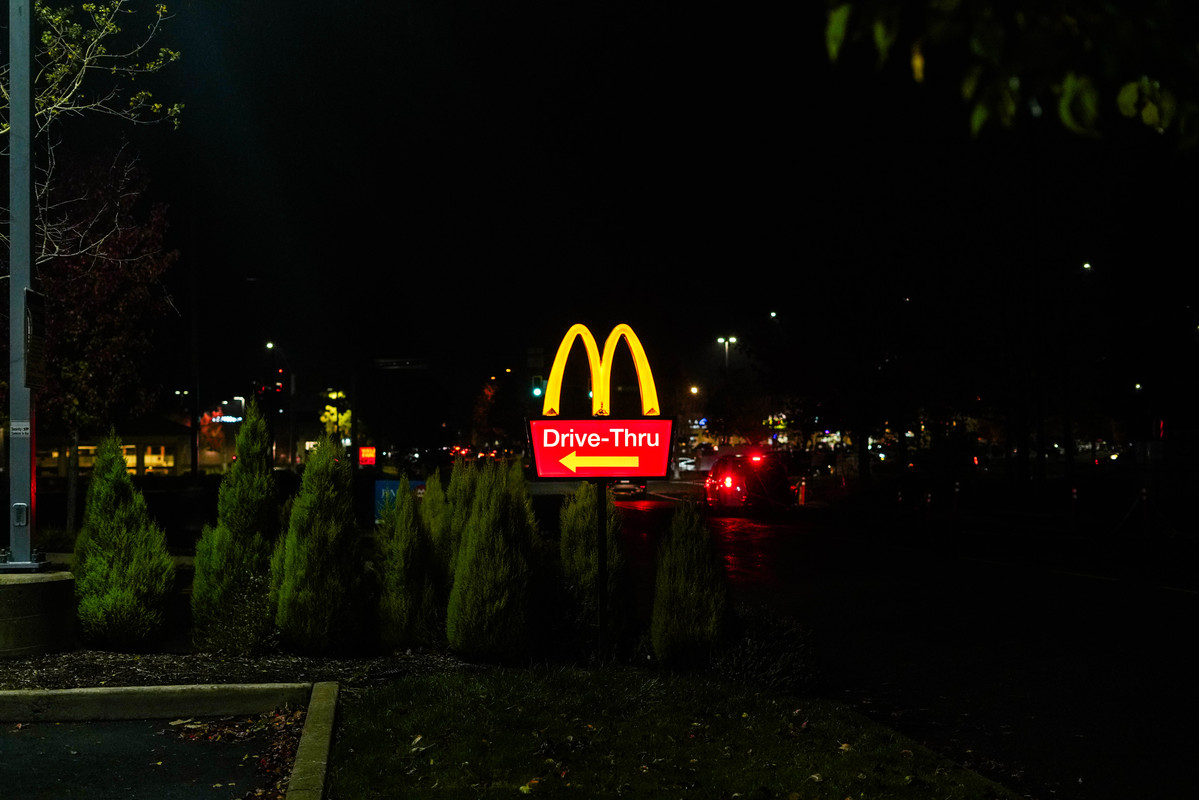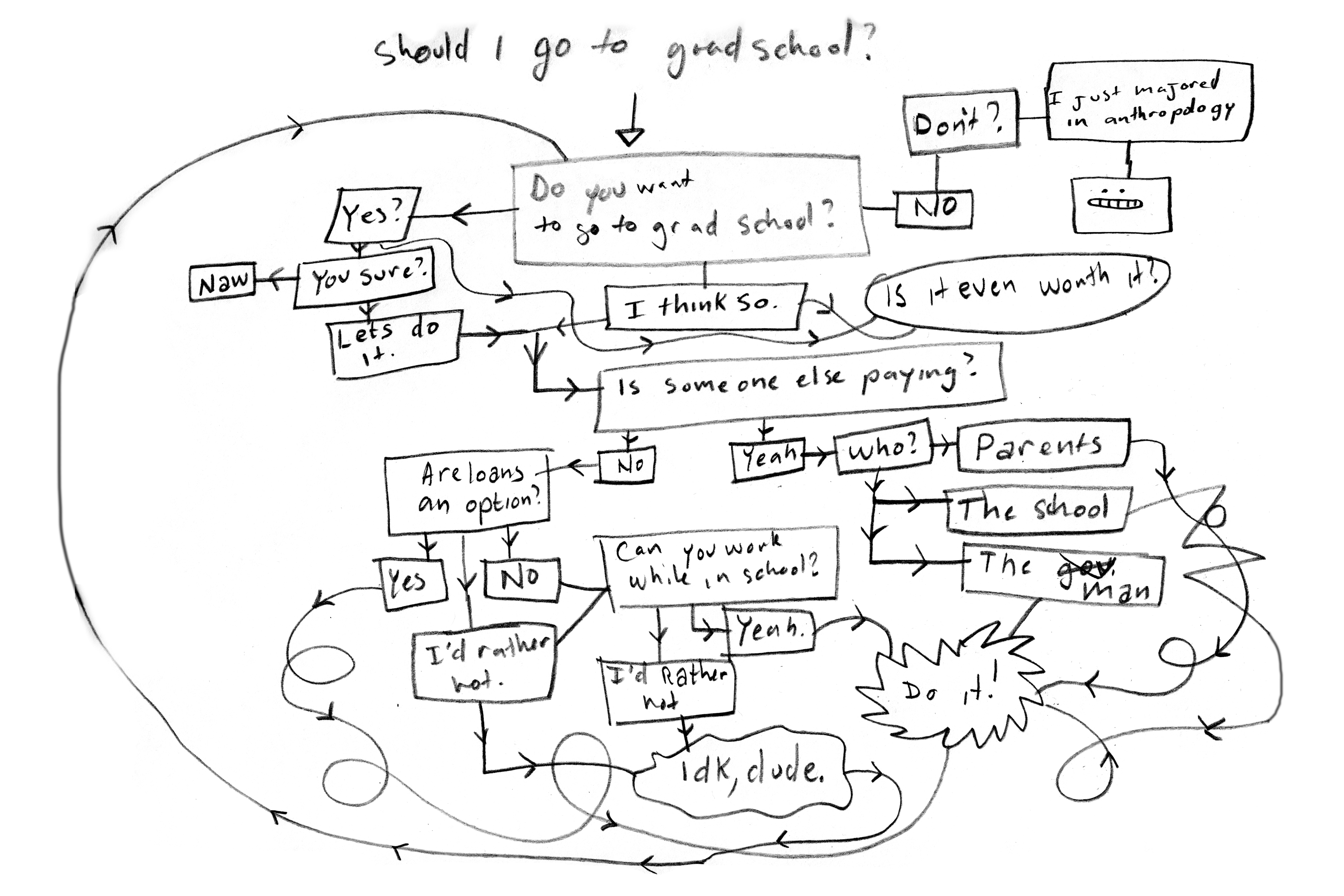Imagine you’re waiting for the train on the south end of Pioneer Square. A houseless man sitting on the curb to your right starts yelling about how the government is probing our phones. Everyone is scared and ignores him and then the police chase him away. Everyone is relieved because the seemingly dangerous mentally ill person is gone. But is he dangerous or does he just need help?
This kind of scenario begs the question—what is being done to help the mental health of those unhoused in Portland?
According to a study from the Heritage Foundation, mental illness is a serious issue in Portland, affecting approximately 35–40% of the houseless in our state. This is staggering, considering that 10 years ago this proportion was roughly 28–30%. So what are our government officials doing about this increasingly dire problem?
Research on the issue led to the 2021 launch of the Portland Street Response, an unarmed part of Portland Fire and Rescue. This organization was described by OPB as a “program [that] will answer calls city-wide from 8 a.m. to 10 p.m.” where “people across Portland looking to assist someone in a mental health crisis…can call 911 and ask for the Portland Street Response.”
Other programs are also working on this issue, such as Greater Portland Health, which works on offering medical, dental and behavioral health services to those experiencing houselessness. The team helps houseless individuals by strengthening their understanding about their health and how to better manage it through navigation of systems, outreach, community education, informal counseling, social support and advocacy.
Another service in Portland is Cedar Hills Hospital, which serves adults with many kinds of behavioral and mental health needs, through programs both inside and outside the building via free, 24-hour services.
These programs are certainly all steps in the right direction, as they help those struggling with mental illness stay off of the street and have access to treatment. However, we don’t see many ads or commercials about these services, so many people do not know about these resources. There should be a broader public awareness campaign spreading the word about these programs so that more individuals can receive much-needed help.
Mental illness is a serious issue for all of us in Portland, and even more so for those living on the streets. Programs like these are a good start, but more needs to be done—and much more effort should go into spreading awareness. If there was more awareness of mental health programs, maybe there would be more of them, and our approach to mental illness would reduce the severity of the issue in Portland.
Perhaps that houseless man next to you at Pioneer Square could receive care and treatment rather than being taken away by police. He could instead be next to you waiting for the train, in treatment and prospering.






